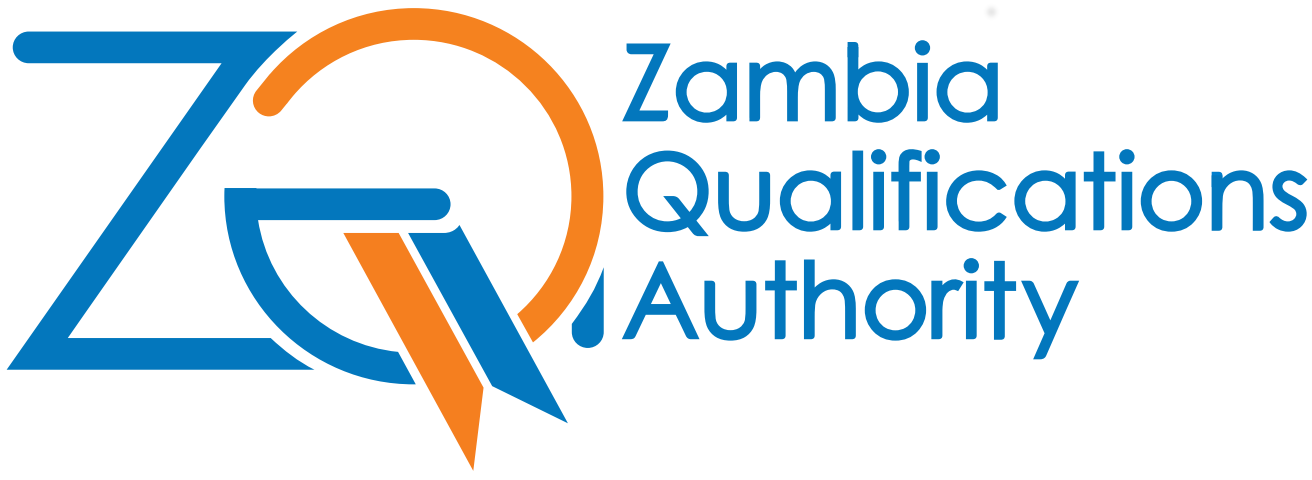By Clive Siachiyako
Information Education Communications Manager – TEVETA
Zambia held a National Education Conference in January this year aimed at transforming the education sector. The conference was a brainchild of the Ministries of General Education and Higher Education. Stakeholders from the academia, professional bodies, educational experts, industry and others from different spheres gathered to critically analyze the education system in view of governance and organisational arrangements, policy and legal framework and financing models appropriate to deliver the education desirable for Zambia. The conference was under the theme “improving the quality of Zambia’s education: the education we want.”
Other focus areas were ways of ensuring children acquire the proper foundational skills for lifelong learners, improving the quality of teaching, strengthening school leadership as an effective lever to improve students’ performance and developing skilled employees or entrepreneurs with mobility in both local and international markets. The conference further focused on identifying ways and means to transform the education system in order for it to be valuable, affordable, relevant and beneficial to Zambia.
The conference was structured around three thematic areas of Quality of Zambia’s Education System; Education Financing; and Education and Social Economic Development. Stakeholders interrogated quality in terms of changes in production system, commerce and trade, future jobs and technological advancements. Quality of education was also discussed in relation to Science and Research in Education; ICT in Education and Management of Examinations among many issues. It further explored issues relating to poor learner performance and the relevance of the education system to the industry.
Education financing was interrogated based on existing financing strategies in general education, higher education and skills development. This thematic area sought to benchmark existing financing in the education sector against best practices, identify and propose possible strategies to improve financing the sector. The education and social development thematic area was around mismatch of skills to industry needs, the youth bulge and harnessing of country’s youthful population for its employability and participation in the world of work anchored the discussion.
There has been complaints by industry about lack of appropriate skilled persons to drive productivity for timely return on their investment. The country been losing out on improving the human development index determined by people’s education attainment and their health and social wellbeing. The core of the conference was anchored on the desired education to propel socioeconomic inclusion. There was consensus among stakeholders that the education the country wants should deliver social and economic benefits and improve lives for learners as they exit the school system at different levels. This education system should be driven by new learning processes, strategies and paradigms to generate new mindsets, relevant skills, attitudes and attributes.
The conference sought to align education system to socio-economic, environmental, scientific, technological factors and other dynamics of the world of work. It looked at how future jobs will turn out and what type of human resource will be required for such jobs. Questions were asked on; who is teaching, how did they become a teacher, does obtaining 6 points in Grade 12 means being a high performer, should those with 6 points get into engineering or medical programme whist those with lower points should go for teaching programmes? Other discursive questions were on how Mathematics and English became determinants of who gets into tertiary education. Whether existing examination systems met industry needs in the advent of expert assignment writers was the other issue. Participants also looked how the two-tier system was fairing, and whether Grade 7 examinations were necessary.
The discursive questions were thought provocative on the kind of education the country needs for the next 5-20 years, the type of curricula to use, the human resource to drive national aspirations and the kind of linkages needed between training and industry to be formed for the Zambian human resource to remain relevant, competitive and productive. The conference was a strategic planning platform for the country in relation to national aspirations and future jobs requirements.
Among the issues stakeholders submitted for addition to the “education we want” were ensure that hands-on skills were provided and assessed from junior to senior secondary, impart hands-on skills alongside esthetics for artisans to have an eye for perfection or high quality products and services in the country and stimulating ingenuity to conceptualise, design and produce quality products and services. What stakeholders were shaping was a blueprint of human resource and society that is a custodian of societal norms, values and productivity principles.
The “education we want” should transform persons and impart on them analytics, in-depth thinking and communicative competencies, which should cut across all levels of the education system to enable citizens analyze issues and apply their minds than memorizing to pass examinations. “Education we want” should focus on learner empowerment through recognition and nurturing talent, assessing talent outputs and engineering the talent towards social economic development. Thus, minds of learners should be developed in a way that empowers them to utilize their talent to earn decent life. “Education we want” should strengthen informal learning and design assessment systems of skills and knowledge acquired informally for inclusive participation of citizens in the economy.
Stakeholders recommended that the two-tier system should be strengthened as competences of teachers in handling vocational education affected its implementation. When the two-tier system was introduced, most of the teachers were not taken for retraining on vocational training, thus they have challenges in delivering quality training envisaged under the two tier system.
Secondly, there was lack of entrepreneurial skills in instructors in trades training institutes which affects the teaching of entrepreneurship in the TEVET sector. Thus, most teachers should be retrained in vocational pedagogical for secondary vocational education and training to have real meaning to the education system. To improve training-industry collaboration to narrow skills mismatches, apprenticeships were identified as an important component. Incentives could be provided to attract companies take on apprentices.





